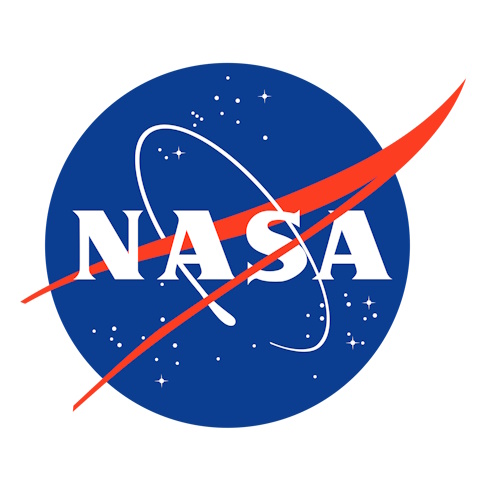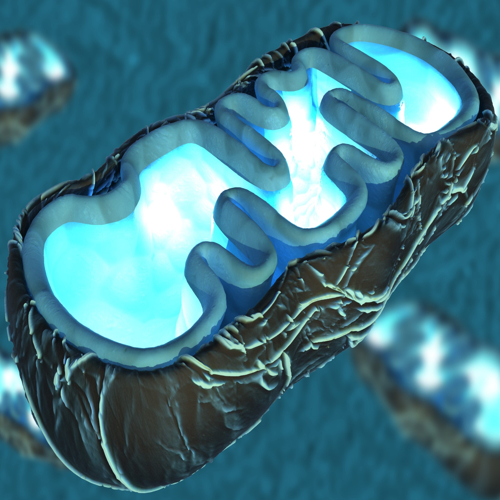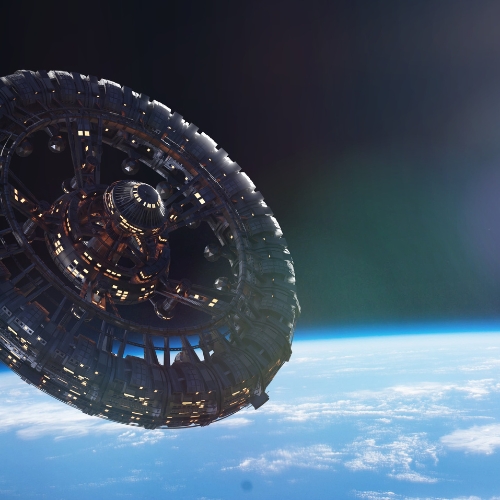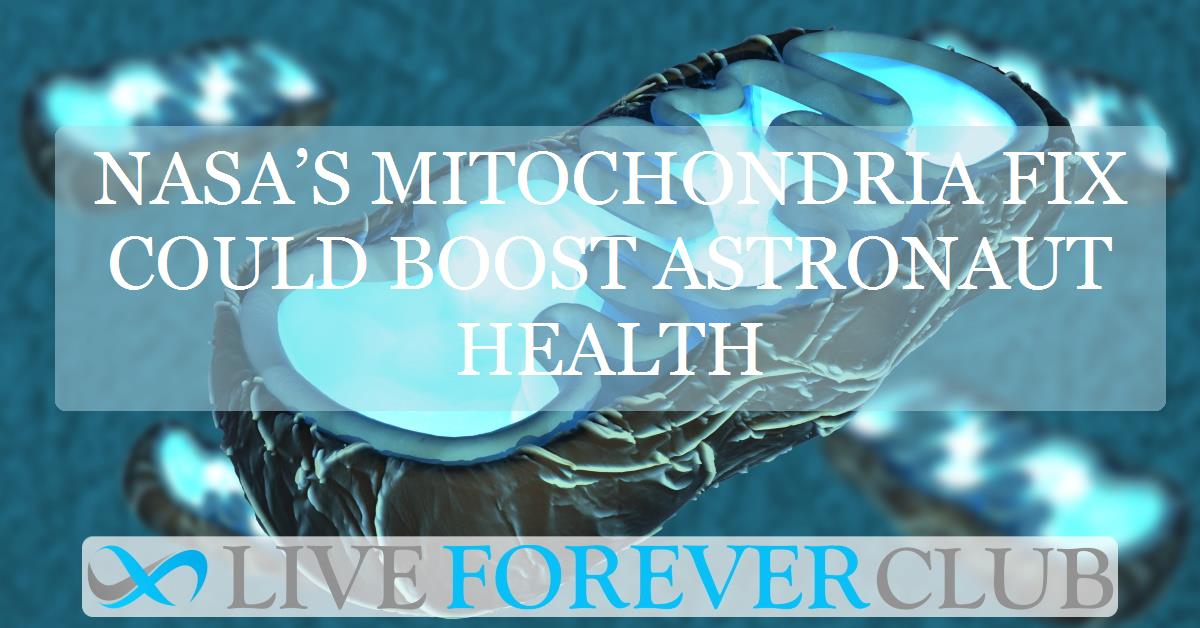Key points from article :
NASA is exploring a bold new approach to protect astronauts from the damaging effects of deep space radiation: replacing their mitochondria, the tiny power plants inside our cells. Mitochondria are highly sensitive to radiation and gradually deteriorate with age, contributing to conditions like cardiovascular disease and Alzheimer’s. The agency plans to study how transplanted mitochondria, harvested and shielded from radiation before exposure, might restore cell health during long space missions. If successful, this method could enable safer crewed missions to Mars and beyond.
This concept builds on recent scientific discoveries that mitochondria are not static but constantly move around the body, sometimes traveling in vesicles known as “Mitlets.” These natural mitochondrial transfers appear to act as an internal repair system, helping preserve energy and cellular function. Researchers now hope to amplify this process by transplanting fresh, healthy mitochondria—grown in bioreactors or sourced from patient tissues—directly into cells. Early efforts by startups such as Mitrix Bio and Biotech Explorers have already launched trials aiming to rejuvenate aging cells, with ambitions of extending human healthspan by a decade or more.
Current mitochondrial therapies fall into two categories. Germline mitochondrial replacement therapy (MRT) is already approved in the UK and Australia to prevent inherited mitochondrial diseases, resulting in healthy births through IVF. Somatic mitochondrial transplantation (MT), closer to NASA’s proposal, involves infusing mitochondria into adult tissues after damage. Clinical trials are underway for conditions ranging from heart disease to neurodegeneration, though regulatory approvals are still limited. Researchers estimate that wider public use may still be a decade or more away.
If mitochondrial replacement proves safe and effective, the implications could extend far beyond space travel. By restoring cellular energy production and reducing age-related decline, this therapy might improve strength, cognition, and resilience in older adults, potentially delaying chronic diseases and adding healthy years to life. While large-scale systems for harvesting and banking mitochondria are still in development, the vision is clear: what begins as a space medicine strategy could spark a revolution in longevity and regenerative health on Earth.







